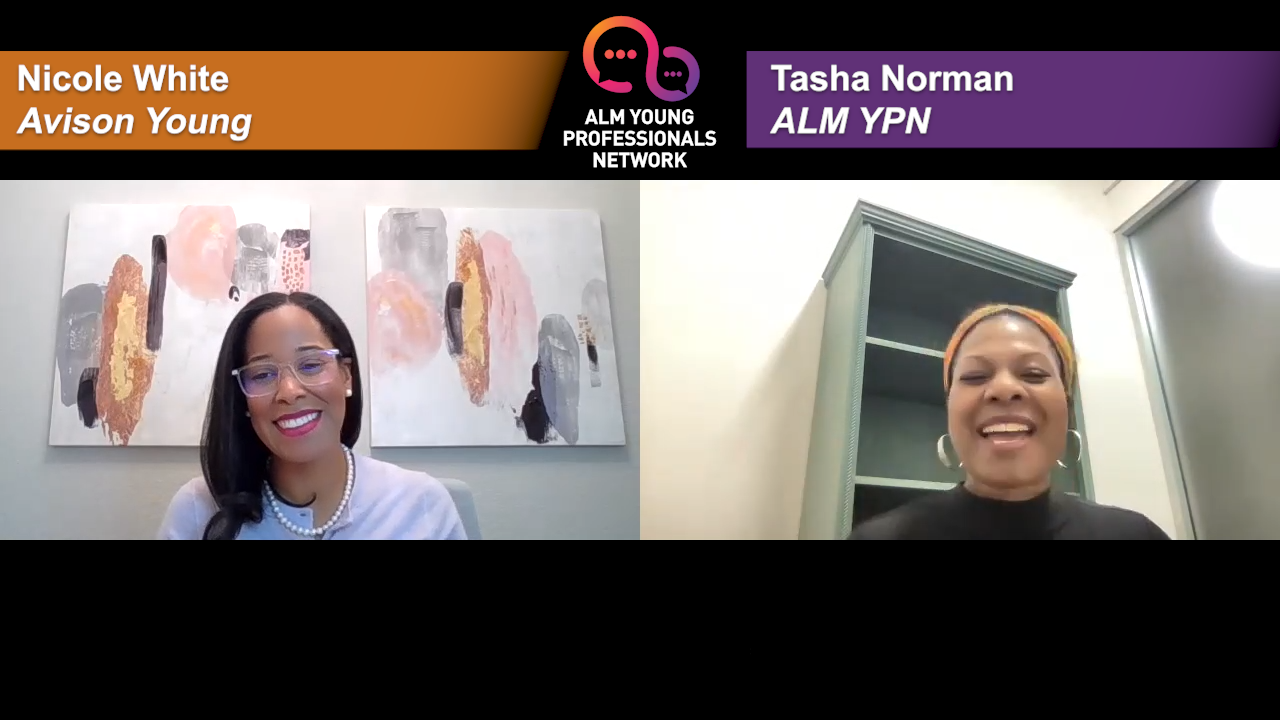SAN DIEGO—CRE has much room for improvement when establishing and managing limited liability companies, law firm Crosbie Gliner Schiffman Southard & Swanson LLP partners Phil Jelsma and Gregory Markow tell GlobeSt.com. The use of LLCs is common among commercial real estate professionals, who frequently use them to hold title to investment properties. Increasingly, LLCs have replaced joint ventures and limited partnerships as development and investment vehicles. However, Jelsma, co-author of the book “The Limited Liability Company,” says members of the real estate industry have much room for improvement when establishing and managing LLCs. In the following interview, Jelsma and Markow, discuss exclusively with GlobeSt.com common errors in creating and operating LLCs, as well how to “bulletproof” LLCs to prevent mistakes and fend off lawsuits. The partners discussed the topic in depth at recent event that was part of CGS3's ongoing “Building Innovation” seminar series.
GlobeSt.com: What are advantages and disadvantages of an LLC for CRE?
Jelsma and Markow:Creating an LLC is a good way to “wall off” personal assets from your company's liabilities, and may offer protection for your personal assets in the event of a judgment against your business. But when the real estate market heats up, the velocity of transactions can cause a multitude of mistakes when setting up and operating LLCs. These miscues can often prompt legal challenges from creditors in an attempt to pierce the veil of a limited liability company so its members can be held personally liable.
GlobeSt.com: What is veil piercing?
Jelsma and Markow:This essentially means disregarding the artificial personality of an LLC and exposing individual members to liability (owners of an LLC are called members). The result is that an LLC debt becomes a debt of the member. Reverse veil piercing is using the LLC's assets to satisfy a member's debt; California courts have rejected this practice.
GlobeSt.com: What are some of the common mistakes in operating LLCs?
Jelsma and Markow: One of the worst errors an operator can make is using the LLC as your personal piggy-bank, paying for your personal expenses or the expenses of other companies with corporate funds. This can be easily accomplished by making a distribution (which, of course, has tax and other consequences), triggering alter-ego issues. Commingling funds and other assets is a significant—and common—mistake when operating LLCs. Even with the most beautifully structured LLC, if you throw all your money in one big pot rather than keeping assets separate you will raise serious red flags. Separate bank accounts and accounting codes will greatly reduce this risk.
Another error that courts frown on is the failure to capitalize the corporate entity adequately. Some other common mistakes include confusing records for separate entities, concealing and misrepresenting the identity of the ownership of an LLC, diverting assets to the detriment of creditors, the failure to maintain minutes or adequate corporate records, identical equitable ownership in the two entities and the unauthorized diversion of corporate funds or assets to other than corporate uses.
GlobeSt.com: How can mistakes be prevented?
Jelsma and Markow: The problem is usually the speed of business and sometimes the mistaken belief that the things that separate the entities are merely form over substance. We understand that it can be is difficult to pay attention to the small things when the press of business is upon you, but if the issue arises you will be pleased that you paid attention. In order to prevent the types of mistakes that can prove costly in a court battle, real estate professionals should be more formal than they otherwise might be and document everything—including careful records of loans between entities—especially when they are managing multiple LLCs. If you can't do a promissory note, at least do an accounting entry that shows a loan from one, and the other one receiving the loan.
It should always be clear which company is communicating with another party—this is something that can be achieved with separate email addresses and signature blocks. If annual meetings are required, hold them.
In addition to these errors—and basic sloppiness due to speed—another common cause of LLC issues is when real estate professionals turn to websites like LegalZoom, which offer inexpensive assistance in setting up limited liability entities. Remember you get what you pay for.
Again, the real estate industry leaves room for improvement in establishing and managing LLCs. You will never not have people shooting at you, but the more the more careful and meticulous you are when setting up and operating an LLC, the easier it is to defend.
GlobeSt.com: Can you discuss upcoming legislation related to LLCs?
Jelsma and Markow:Sponsored by the Partnerships and LLC Committee of the Business Law Section of the California State Bar, AB506 has passed the California Assembly and is now on the floor of the Senate. Primarily a technical-corrections bill, it improves the California Revised Uniform Limited Liability Company Act and also makes several substantive improvements—including clarifying that a member/manager of an LLC includes a trustee of a revocable trust—to RULLCA that modify and streamline the Act and are useful to California businesses and practitioners.
© Touchpoint Markets, All Rights Reserved. Request academic re-use from www.copyright.com. All other uses, submit a request to [email protected]. For more inforrmation visit Asset & Logo Licensing.






